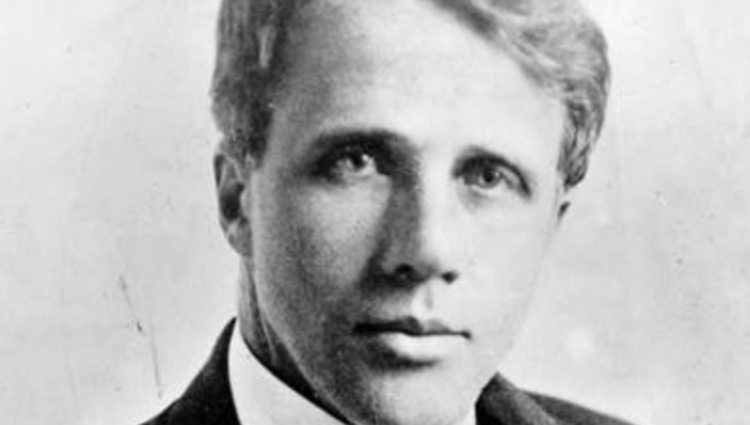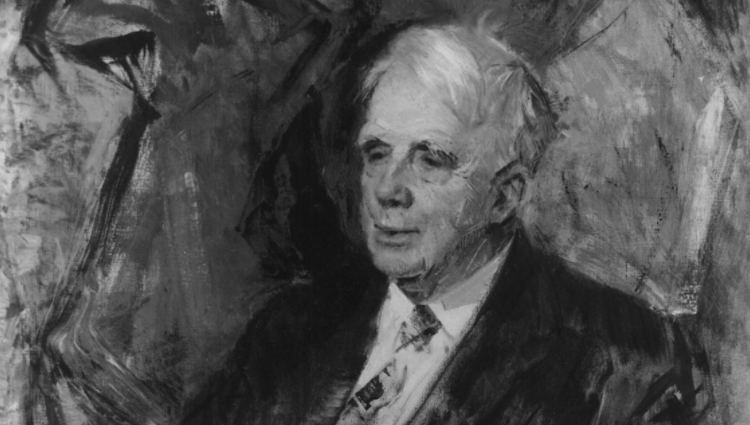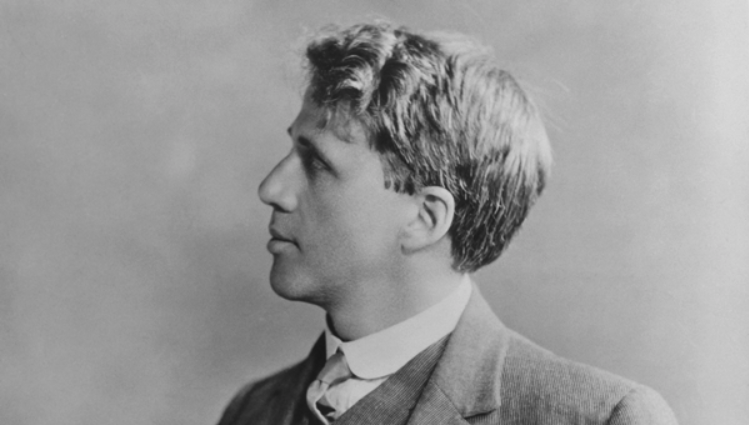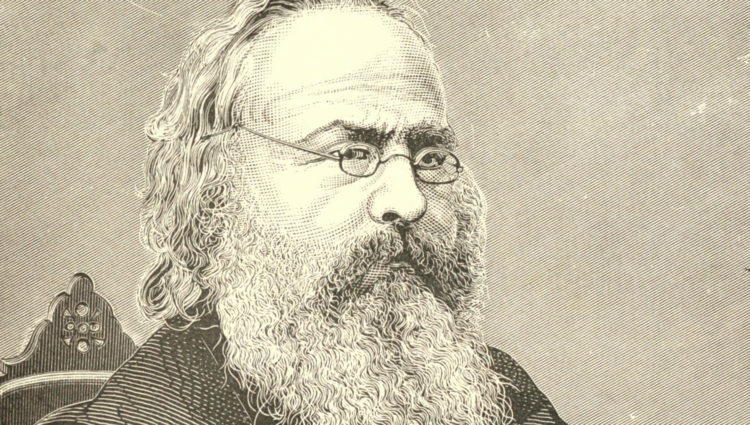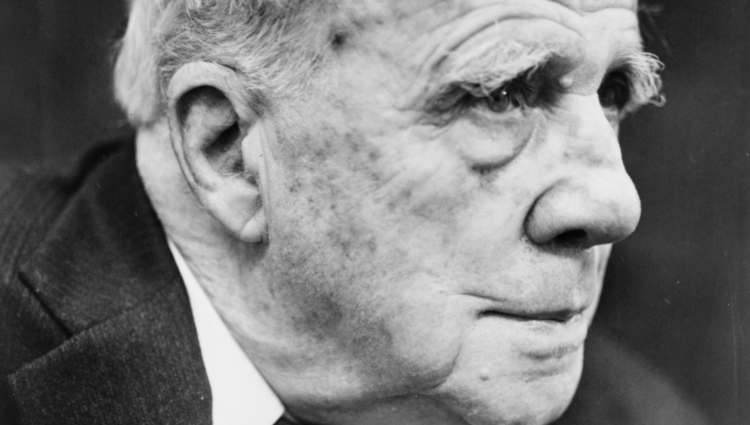The Hidden Depths in Robert Frost
The conservatism of Robert Frost was rooted in his tendency to view existence as inherently paradoxical. Frost carefully crafted and honed metaphor as a device to express such tensions in suggestive rather than didactic ways, which sometimes resulted in critical misinterpretations that deny the importance of the metaphysical in his verse. Robert Frost: The Poet [...]

